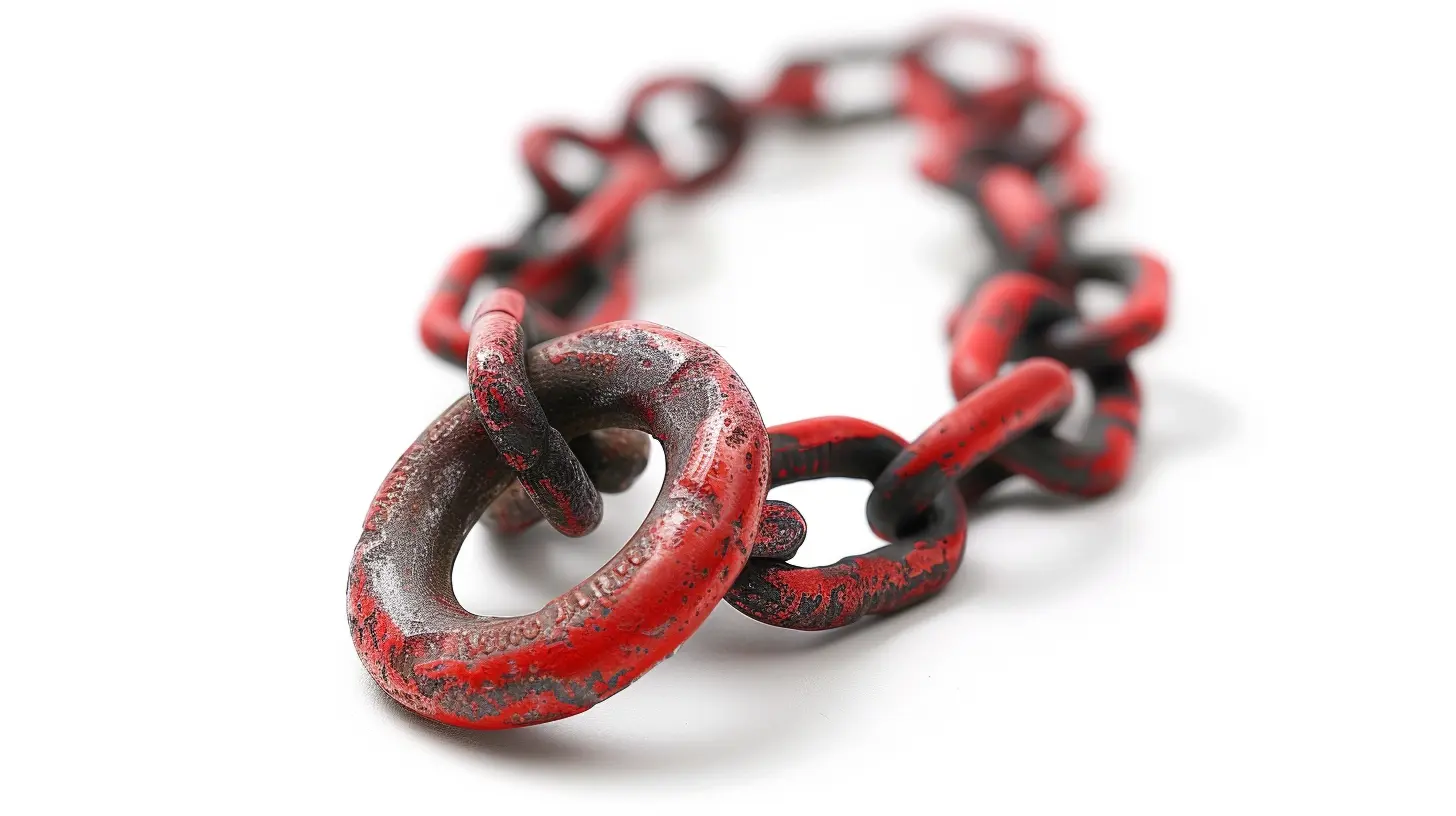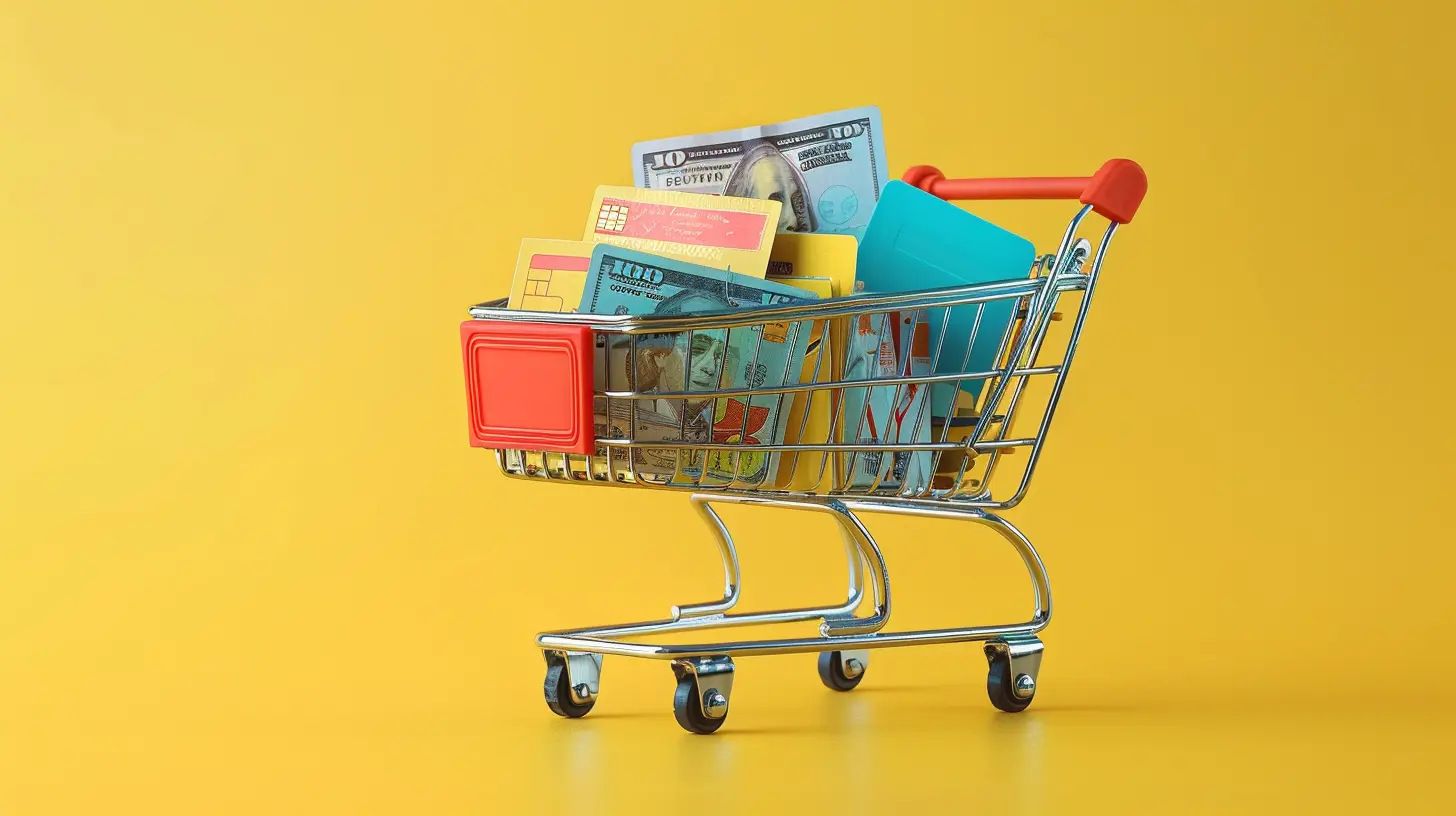18 April 2025
Buy Now, Pay Later (BNPL) services have taken the shopping world by storm. They let you snag that new phone, stylish outfit, or must-have gadget without paying the full price upfront. It sounds like a dream, right? But before you hit that “Pay Later” button, let's talk about the potential pitfalls. If you're not careful, BNPL services can lead to financial stress and mounting debt.
So, how do you enjoy the convenience without falling into a debt trap? Let’s break it down. 
What Are Buy Now, Pay Later Services?
BNPL services work like a short-term loan. Instead of paying the full amount at checkout, you split the cost into smaller, interest-free (sometimes) installments. Companies like Klarna, Afterpay, and Affirm offer these services, letting shoppers make purchases without an immediate financial burden.Sounds harmless, right? Well, not always. If you miss a payment, late fees and interest rates can quickly snowball, leaving you with more than you bargained for. 
Why BNPL Can Lead to Debt
Not all BNPL services are created equal, and they’re not always as “interest-free” as they seem. Here are a few ways they can lead to financial trouble:1. Over-Spending Becomes Too Easy
Let’s be honest—when you don’t feel the full cost upfront, you’re more likely to splurge. BNPL tricks your brain into thinking you're spending less than you actually are. Before you know it, you’ve bought multiple items, each with its own payment plan.2. Multiple BNPL Plans Can Get Overwhelming
If you use BNPL frequently, you might end up juggling multiple payment schedules. One week, you owe Afterpay; the next, Klarna wants their cut. Without careful management, payments can pile up fast, and missing one can mean extra fees.3. Late Fees and Interest Can Add Up
Some BNPL plans charge hefty late fees if you miss a payment. Others might impose high-interest rates on overdue balances. If life throws an unexpected expense your way, those payments can quickly become a burden.4. It Can Hurt Your Credit Score
Not all BNPL services report to credit bureaus, but some do. Missing payments—or even applying for multiple BNPL plans—can negatively impact your credit score. That means trouble when you need a loan or a credit card in the future.
How to Use BNPL Without Getting Into Debt
Now that we know the risks, let’s talk about how to stay financially safe while enjoying the perks of BNPL.1. Set a Strict Budget
Before you check out with a BNPL service, ask yourself: Can I afford these payments without disrupting my other financial priorities? If the answer is no, it’s best to hold off.Keep track of your BNPL commitments alongside your regular expenses. A good rule of thumb is to treat BNPL payments like any other recurring bill, ensuring they fit within your monthly budget.
2. Limit the Number of BNPL Purchases
It's tempting to use BNPL for everything, but multiple plans can make tracking payments difficult. Stick to one or two purchases at a time. This way, you won’t find yourself buried under a mountain of small, seemingly harmless payments.3. Choose BNPL for Essential or Planned Purchases
Using BNPL for impulse buys? That’s a debt disaster waiting to happen. Instead, reserve BNPL for planned expenses—things you genuinely need but may not be able to pay in full immediately, like a necessary appliance replacement or work-related essentials.4. Schedule Payments Alongside Your Paycheck Dates
Many BNPL providers allow you to choose your payment dates. Align them with your payday so you have funds ready when payments are due. Setting up automatic payments can also help prevent missed payments and unnecessary late fees.5. Read the Fine Print
Not all BNPL services operate the same way. Some charge interest, some don't. Some report to credit bureaus, while others don’t. Before using any BNPL service, read the terms and conditions carefully—especially the sections on fees, late penalties, and interest rates.6. Use BNPL as a Last Resort, Not a Standard Payment Method
If you find yourself relying on BNPL often, it might be time to reassess your financial situation. Consistently needing to split payments may signal that your expenses outweigh your income, which is a red flag.7. Build an Emergency Fund
One of the biggest issues with BNPL is that unexpected financial troubles can make payments difficult to keep up with. Having an emergency fund ensures that you can cover your installments even when life throws a curveball.8. Consider Alternative Payment Methods
Before opting for BNPL, look at other options. Can you save up for the purchase instead? Would a credit card with a 0% intro APR be a better option? Weigh the benefits and risks before committing.
When Should You Avoid BNPL?
BNPL isn't for everyone. Here are situations where you should steer clear:- When You’re Already in Debt: Adding another payment plan to your load won’t help.
- If You Struggle with Budgeting: BNPL requires financial discipline. Without it, payments can spiral out of control.
- When the Purchase Is Impulse-Based: If you didn’t plan to buy it before seeing the BNPL offer, reconsider whether you truly need it.
- If You Can’t Afford the Full Price Eventually: BNPL doesn’t reduce the cost—it just delays it. If you won’t have the funds later, it’s better to skip the purchase.
Final Thoughts
Buy Now, Pay Later services can be convenient, but they aren’t risk-free. Used wisely, they can help make big purchases more manageable. But if you’re not careful, they can lead to a cycle of debt that’s hard to escape.The key? Stay disciplined. Set a budget, track your payments, and only use BNPL when absolutely necessary. Remember, just because something is available doesn’t mean it’s the best option for your financial health.
At the end of the day, smart money habits will always be more powerful than any payment plan. Choose wisely, spend thoughtfully, and keep your finances in check.






Josephine Benton
This article clearly outlines essential strategies to use Buy Now, Pay Later services responsibly. It's crucial to genuinely assess your budget before committing. Awareness of the potential pitfalls can prevent unnecessary debt and promote smarter financial choices. Great insights!
April 26, 2025 at 12:02 PM